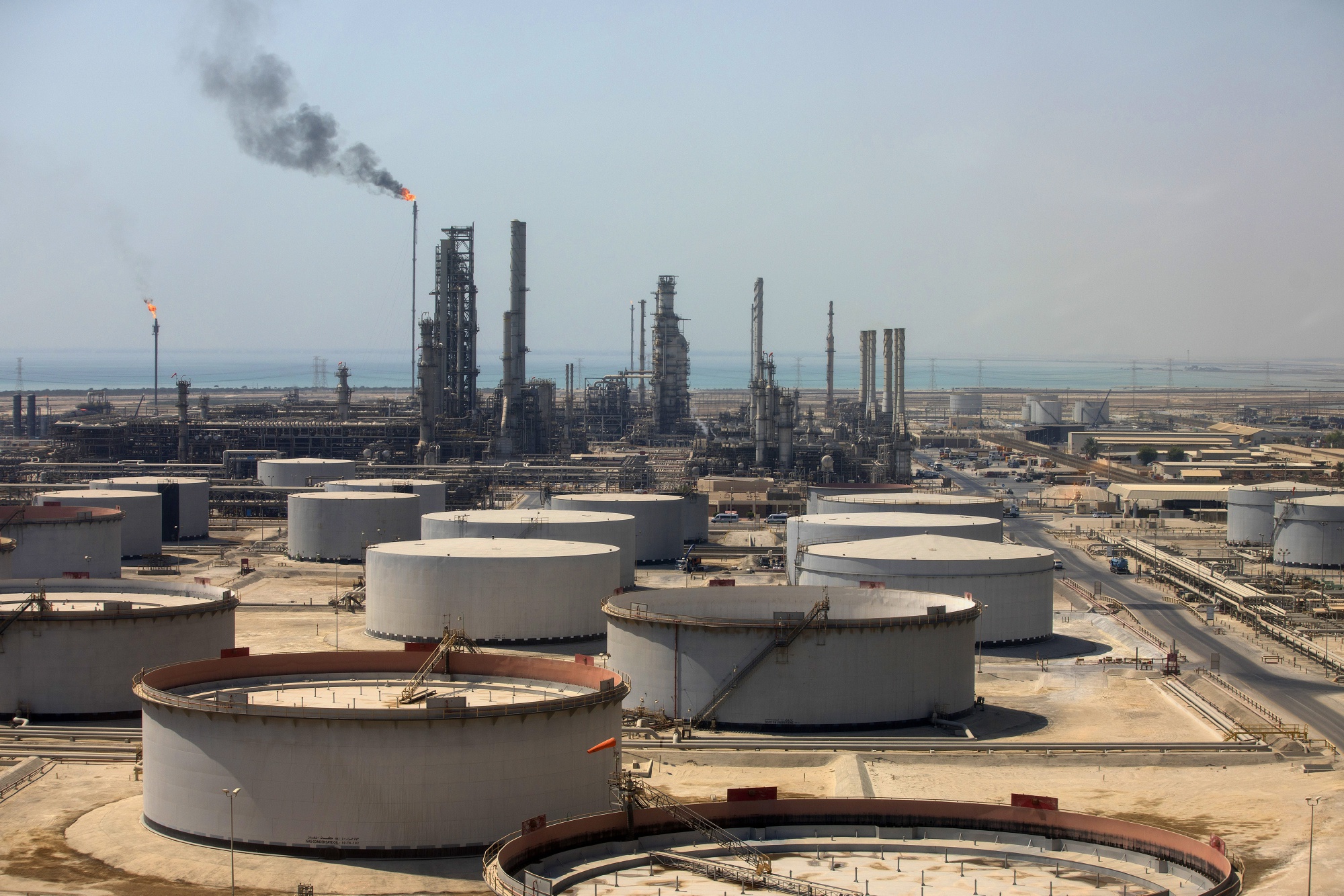Commodities
Saudi Arabia lowers oil prices for key markets

Saudi Arabia has cut crude oil prices for customers in Asia (its core market). The price of the main Arab Light grade has dropped 25 cents from its May price and is now $2.55 above the regional benchmark, the agency said. Refiners and traders surveyed by Bloomberg had expected a larger reduction of 45 cents.
In contrast, Saudi Aramco’s state-owned Saudi Aramco increased all rates for European customers, while most prices for the U.S. were unchanged, Bloomberg reported. Asia accounts for about 60% of Saudi Aramco’s crude exports – much of it produced under long-term contracts whose prices are reviewed every month. Saudi Arabia’s biggest Asian customers are China, Japan, South Korea and India.
Saudi Arabia is the largest oil exporter in the world. Since May 1, the country has promised to reduce its production by 500,000 barrels per day until the end of the year. At the same time Russia extended until the end of the year its production reduction by 500,000 barrels per day; other members of OPEC + have also promised to reduce production. After that, the price of Brent, which had fallen to its lowest level since December 2021 (below $71 per barrel), went up again and at its peak exceeded $87 per barrel. However, since mid-April the July futures began to fall in price again, and by May 3 their value had fallen below $72 per barrel.
The price of oil is now influenced by investor concerns about the state of the U.S. economy and the global economy, the tense situation in the U.S. banking market after the collapse of the third bank in two months, as well as the weak statistics on production in China, Bloomberg said. OPEC+ will assess the decline in oil prices, which may be short-lived, Deputy Prime Minister Alexander Novak said on May 3.
July Brent futures stand at $74.22 a barrel, up 2.37% from the closing price.
Earlier, we reported that Brent oil fell below $72 a barrel for the first time since March 20.
Commodities
Oil prices rise; U.S. crude inventories plunge, Russia-Ukraine truce eyed
Commodities
India’s Reliance to stop buying Venezuelan oil over US tariffs, sources say
Commodities
Oil prices climb on Venezuela supply worries

 Forex3 years ago
Forex3 years agoForex Today: the dollar is gaining strength amid gloomy sentiment at the start of the Fed’s week

 Forex3 years ago
Forex3 years agoUnbiased review of Pocket Option broker

 Forex3 years ago
Forex3 years agoDollar to pound sterling exchange rate today: Pound plummeted to its lowest since 1985

 Forex3 years ago
Forex3 years agoHow is the Australian dollar doing today?

 Cryptocurrency3 years ago
Cryptocurrency3 years agoWhat happened in the crypto market – current events today

 World3 years ago
World3 years agoWhy are modern video games an art form?

 Commodities3 years ago
Commodities3 years agoCopper continues to fall in price on expectations of lower demand in China

 Economy3 years ago
Economy3 years agoCrude oil tankers double in price due to EU anti-Russian sanctions























